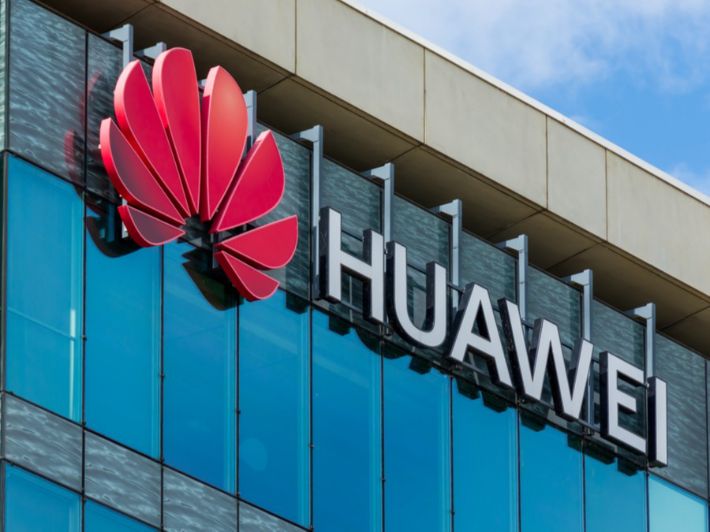Huawei Launches New AI Computing Systems to Compete with Nvidia and Overcome US Sanctions

Chinese company Huawei unveiled ambitious plans to launch a new series of high-performance computing systems dedicated to running artificial intelligence systems, relying on its local chips "Ascend", in a move that ignites competition with the American giant "Nvidia".
This announcement comes amid the United States' efforts to block advanced semiconductors from China, which Beijing targets for training artificial intelligence systems. As a result, Chinese companies have turned to assembling larger numbers of "less effective" chips, often locally made, to achieve similar computing capabilities.
The company announced a plan to launch three new types of "Ascend clusters" by the end of 2028, aiming to "double computing capabilities with each annual release". The first system, "Atlas 950", is scheduled to be launched early next year, while the more advanced system "Atlas 960" will be released in 2027.
These chips form the foundation of Huawei's AI computing infrastructure, where a "super cluster (a massive system of interconnected computers working together as a single unit to perform very complex computational tasks)" is linked to several super units. These nodes are based on Ascend chips, with "relying on system design to overcome the technical constraints imposed by US sanctions".
Although it is unclear to what extent these systems can match their counterparts powered by Nvidia chips, Huawei claimed in its press conference that "the new super clusters will be the most powerful in the world in terms of computing power for several years".
Supporting this claim was Huawei's Vice Chairman, Eric Xu, who asserted that the anticipated "Atlas 950 clusters will provide 6.7 times the computing power of the Nvidia NVL144" system, which is also set to be launched next year.
This development comes amid a "recent Chinese trend to increase support for local companies at the expense of foreign technology, particularly from America", amid ongoing trade tensions between Beijing and Washington.
It is worth mentioning that both sides recently concluded trade talks in Spain, reaching an agreement that ensures the continued operation of "TikTok" in America. However, tensions persist as a Chinese investigation revealed that Nvidia "violated antitrust laws".